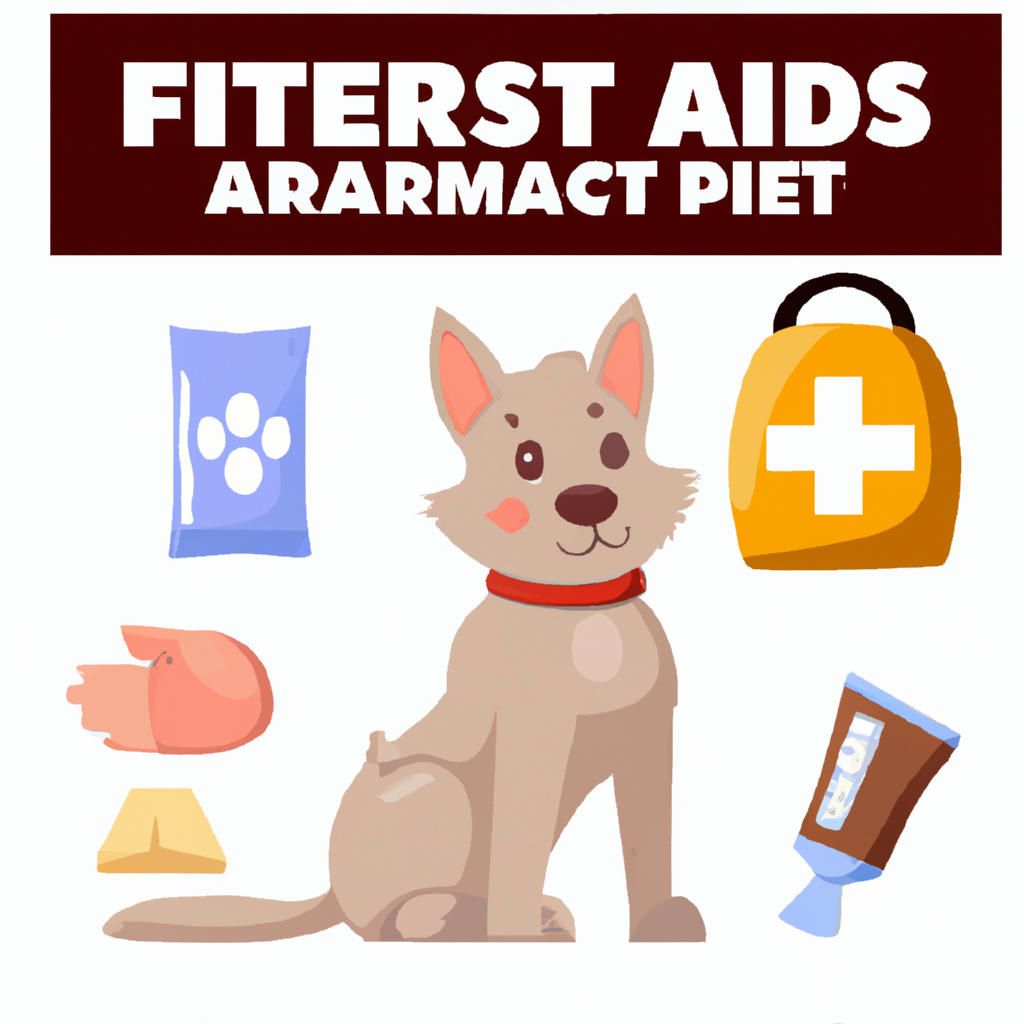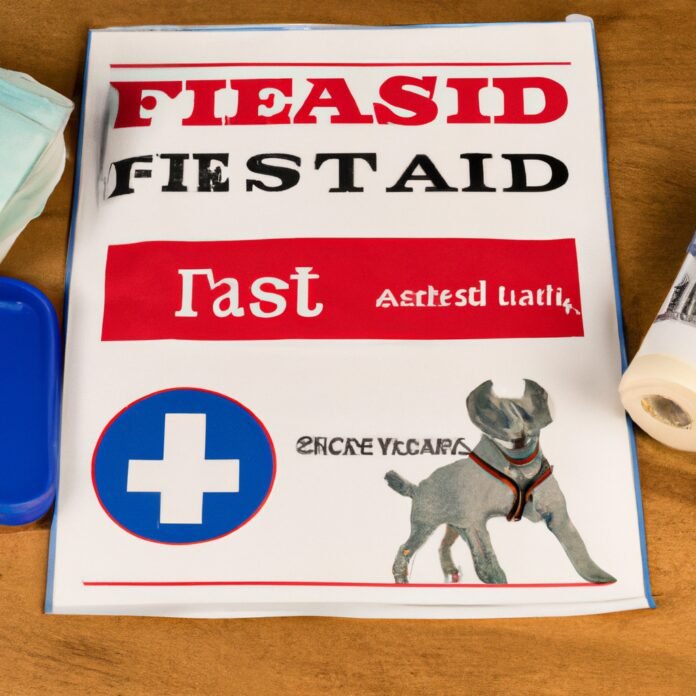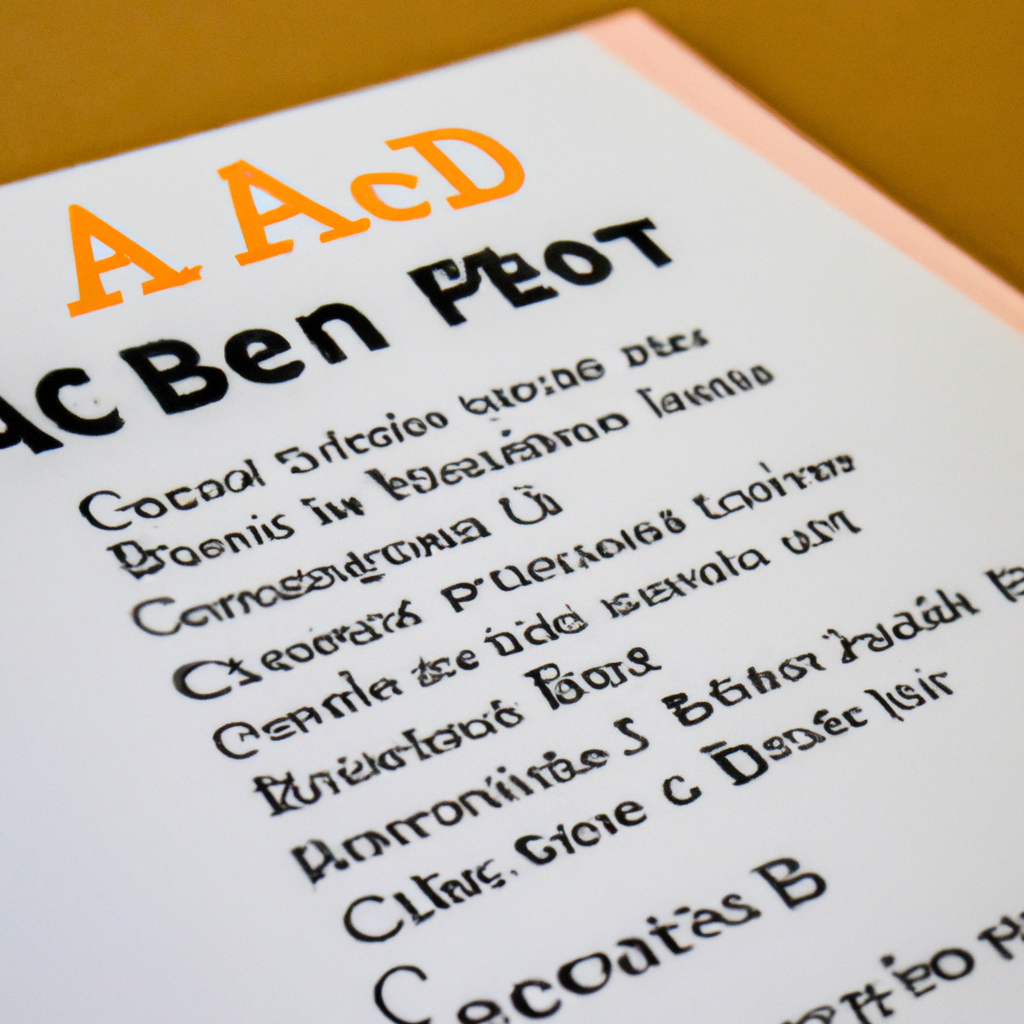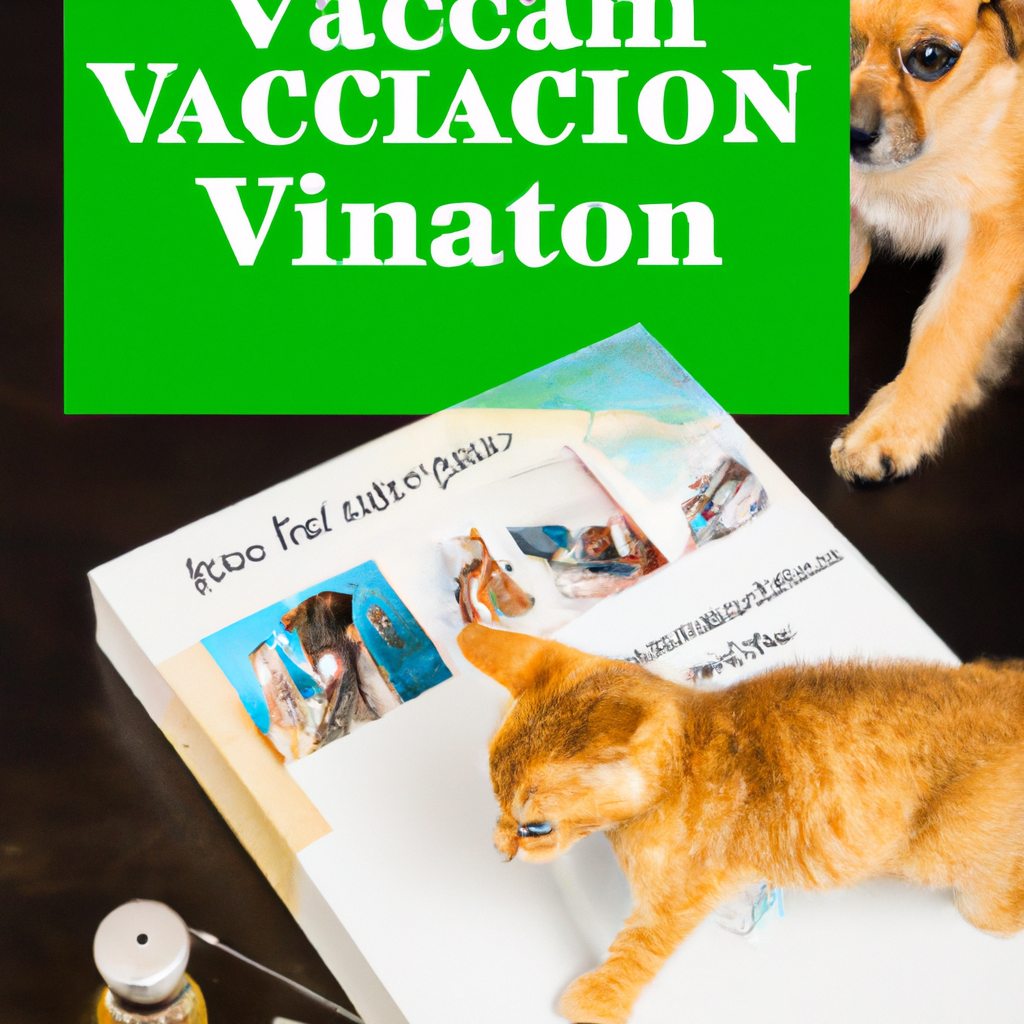As pet owners, it’s always important to be prepared for any kind of food grievance that may occur. Minor pet emergencies can range from your dog eating something toxic to sudden severe allergic reactions, and having the right emergency supplies ready can make all the difference when it comes to the successful and safe management of minor pet health issues. This article will explore the essentials of pet first aid and what you need to have on hand to make sure you’re prepared in the case of any minor pet emergency.
1. Essential Resources for Pet First Aid
While it’s great to have the supplies and the know-how to take care of your pet in emergencies, it’s even more important to do your due diligence and be fully prepared. That’s why it’s essential to have the right resources on hand when it comes to pet first aid.
1. Veterinary Textbooks these are great resources for providing detailed information about each species of animal and details on what to do in any emergency situation. Having a veterinary book on hand could be the difference between life and death for your fur friend.
2. Pet First Aid Apps in the technological age, there’s an app for just about anything. Having a pet first aid app on your phone can be invaluable – they provide great information about pet first aid techniques and treatments, as well as advice on when to call a vet.
3. Pet First Aid Kit make sure to keep a dedicated pet first aid kit nearby – these can usually be bought or put together yourself. The kit should include sterile gauzes, medical tape, scissors, tweezers, aspirin or painkillers, an Elizabethan collar, and anything else you may need to deal with pet emergencies.
4. Access to a Vet having access to a professional vet in the event of an emergency is essential. Make sure you have an emergency vet’s phone number, the address of your local veterinary clinic, and an emergency vet hospital close to your home.
5. Other Resources there are plenty of other online resources available for pet owners looking to educate themselves in pet first aid. Check out the American Red Cross and the American Veterinary Medical Association for comprehensive online courses and modules.

2. Preparing for Minor Pet Emergencies
If you’re a pet parent, you know that your furry friend’s health is your top priority. While most minor pet emergencies can be handled in the home, it’s important to be ready ahead of time. Here is a guide to ensure you’re prepared for minor pet emergencies:
- Dr. Google – If you have a question but don’t want to wait on the vet, the internet is your best friend. Do your due diligence, however; make sure you’re getting trustworthy information from trustworthy sources.
- Pet First Aid Kit – Have antiseptic wipes, tweezers, cotton ball, gauze, antihistamines, and a spare pet collar at the ready. Better safe than sorry!
- Have Contacts Handy – Whether it’s the animal hospital’s number or the number of your “go-to” friend who knows all about pets, make sure you have those numbers readily available, just in case.
- Hydrate Them – If your pet is sick, dehydrated, or stressed, be prepared to offer them plenty of fluids from water to chicken broth.
Your pet deserves the best care. Stock up on supplies and make sure you’re comfortable with your first aid skills. Remember to check in with your vet if your furry friend is out of sorts!
Accidents and minor illnesses do happen. Be an informed pet parent and be prepared to handle any situation with confidence. Keeping a watchful eye on your beloved pet and having helpful tips and supplies on hand will help alleviate a stressful situation.
Pets are a precious part of family life and, in case of a minor emergency, it’s important to be prepared and act accordingly. That way, you’ll be able to keep calm and provide appropriate care. With the right information and preventative measures, you’ll be ready for anything when it comes to your furry friend.
3. What Every Pet Owner Needs to Know for Effective First Aid
Having a pet such as a dog or cat can come with a lot of responsibility, and an important part of that responsibility is knowing the basics of pet first aid. If you’re a new pet owner, it’s important to know the basics and take the proper steps if your pet falls ill or gets injured.
Know Your Pet’s Type: Every pet is different, and it’s important to research the specific species and breed of your pet in order to best understand how to handle a medical situation. Knowing the common health concerns of your pet’s breed, as well as what signs could indicate something more serious, can help you identify issues quicker.
An Emergency Kit: Every pet owner should have a well-prepared first-aid kit on hand. This can mean anything from safety items, like muzzles and muzzle tape in case of a situation with a stranger; to simple home remedies, like eye wash, humidifiers, and cotton. Having your supplies on hand before an emergency occurs is essential to a good response.
Know Your Local Resources: You should also know your local resources in the event of a medical emergency. This includes knowing where your nearest emergency vet is located, what their hours are, and what the associated costs would be. Keeping that information nearby can be a life saver in an emergency.
Observe and Report: Observe your pet’s behavior and make sure you keep a record of any changes in overall health, such as weight, appetite, and activity level. Keeping a short journal of your pet’s stats and habits is a good practice for any pet owner—it
can help you keep track of potential problems before they become too severe. If you observe any changes that could be signs of illness or injury, then be sure to report it to your vet right away.
Quick Actions: When it comes to a medical crisis, taking the right steps quickly is paramount to the wellbeing of your pet. In the case of a minor injury, some basic care like a cold compress can be used. In the case of serious injury, like a broken bone, make sure you keep your pet as still and comfortable as possible, and get them to the vet immediately. It also helps to stay as calm and collected as you can, both for the sake of your pet and yourself.
4. Don’t Panic – Key Tips for Administering Pet First Aid
When administering pet first aid, panicking can make the situation worse. Remaining calm and taking swift action are key components of successful treatment. Here are four important tips for administering pet first aid:
- Avoid Self-Schmuzle: Pet first aid isn’t the same as human first aid. While some basics remain the same, such as wound care and administering CPR, different procedures and medications must be used when providing care for an animal. Avoid making a situation worse by attempting to administer human medical care to a pet.
- Prepare for the Worst: From having an emergency kit at the ready to knowing the contact information for the nearest veterinary clinic, it’s always important to be prepared for the worst when administering pet first aid. Be sure to have all the necessary supplies within easy reach in case of an emergency.
- Stay Connected: Before providing any aid, it’s important to remain connected with your pet. Speak in soothing, calming tones, reassuring them that everything will be alright. Be patient, as animals can easily become agitated in new and strange settings.
- Trust Your Instincts: If something doesn’t feel right, it probably isn’t. Trust your instincts and take appropriate action. Remember, being prepared and informed is the best defense against panicking – have a plan and stick to it.
When administering pet first aid, it’s important to stay focused, remain calm, and trust your instincts. These four tips can help pet owners successfully provide their furry friends with the care they need in times of need.
When it comes to pet first aid, it’s better to be safe than sorry. Be sure to have the essential supplies on hand so you have the peace of mind knowing that you’ll be prepared if a minor emergency were to strike. Now, you’re one step closer to avoiding any catastrophic losses and keeping your furry friend happy and healthy.



